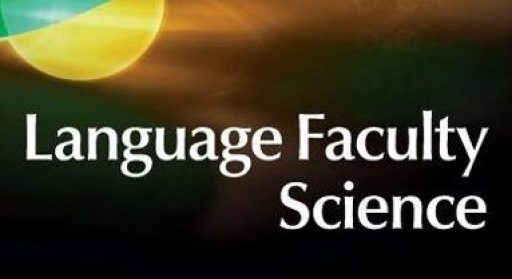Language Faculty Science (LFS) is a research program that applies the basic scientific method to investigate the language faculty—the hypothesized part of the mind that enables us to relate sounds/signs to meaning. Unlike traditional linguistic research, which typically analyzes language behavior across groups, LFS seeks to identify the universal properties of the language faculty by systematically formulating and testing disconfirmable universal predictions about individuals.
A key focus of current LFS research is the development of a reliable means to detect the effects of c-command, a structural relation hypothesized to be fundamental to determining the interpretation of linguistic expressions. Just as physics develops precise methods to test predicted phenomena, LFS seeks to establish rigorous experimental procedures for identifying structural effects within an individual’s linguistic judgments—and replicating them exceptionlessly across individuals, regardless of language background.
By applying Noam Chomsky’s internalist view of the language faculty and Richard Feynman’s Guess-Compute-Compare method, LFS aims to demonstrate that part of the mind can be studied with the same rigor as the physical sciences.
